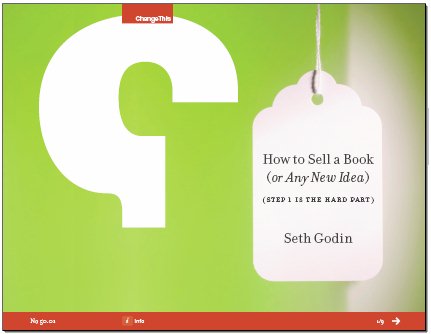"How soon will we get the $10 million from Google, Dad?", asked one of our WeDo Marriage heiresses a few days ago. No until after Christmas, sadly. Last week we submitted our entry to Google's Project 10 to 100, "a call for ideas to change the world by helping as many people as possible."
Check out the details of our entry and get ready to vote come 27 January 2008.

Here are the main questions asked by Google Project 10 to 100 and our responses to them.
Google: Describe your idea on one sentence.
A marriage to love, a love to last: a better and brighter future for today’s couples and for the children and communities of tomorrow worldwide.
Google: Describe your idea in more detail:
WeDo Marriage empowers couples to design, exchange and sustain personalised, mutual commitments and goals based on contract law rather than family law. Without imposing their vision of marriage on society as a whole, and working with professionally accredited service providers they can build Marriage Contracts that reflect their Love, Values and Aspirations. As happy, fulfilled and productive partners and parents they are equipped to make positive and measureable contributions to their community, locally and globally, now and in the future.
Google: What problem or issue does your idea address?
Experts agree that across the western world over the past thirty years marriage rates have halved and are now at a record low. By the 2030s new marriages will be extinct and most couples will have no legal relationship with each other, and most children will have a legal relationship with only one of their two biological parents. We see the terminal decline of marriage not as a demand problem but a supply problem. Most people want to get married; they just don’t want the only version of marriage currently available from the only people who currently supply it: the state family law system.
Google: If your idea were to become a reality, who would benefit the most and how?
WeDo Marriages make happy families; happy families make happy societies; happy societies make a happy world. WeDo families have the purpose, commitment and motivation to invest in a sustainable world, the world they pass on to what is most precious to them: their children. They have the conviction and drive to protect cultural heritage; protect the environment; to prioritise renewable energy solutions and to build fairer, safer and more caring and stable interdependent societies. They have the passion to enrich their children's future on this wonderful planet.
Google: Describe the optimal outcome should your idea be selected and successfully implemented. How would you measure it?
More Love in the world. More individuals entering into relationships in search of enduring love, and more couples advancing into commitment-based, longer-term relationships. More parents having children, reducing demographic imbalance; more children nurtured by two parents, enhancing child outcomes in terms of personal development and educational performance. And a society with more net contributors to the common good.
Over 100,000 ideas were submitted. So our odds at WeDo Marriage of making the top 100 ideas from which the ten winners will be picked are 1,000-to-1. Better odds than we've ever had before ;-)
Go here to learn more about the project, watch a video, and sign up for a notification to select your favourite idea when voting beings in January next. The prize fund will come in handy in the New Year ... when cash is a bit short after Christmas.

